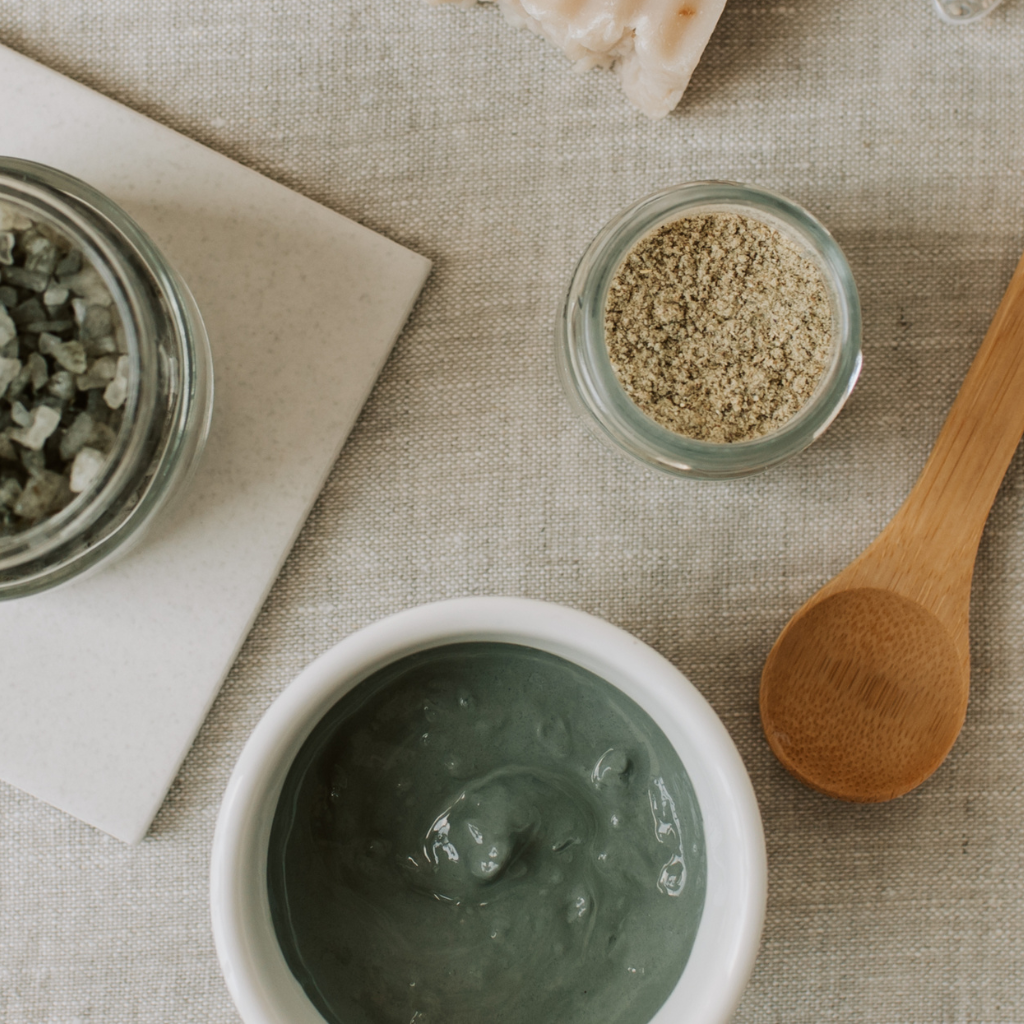Not every day is meant for powering through a to-do list or chasing big goals. Some days arrive with softness—your body feels heavy, your thoughts a little slower, your energy not quite there. Instead of fighting that rhythm or pushing yourself toward exhaustion, you can honor it. Low-energy days hold space for a quieter kind of productivity, rooted in mindfulness and intention.
When approached with care, these moments can still move your life, your home, and your wellbeing forward in meaningful ways. Below are gentle yet purposeful practices you can turn to when energy runs low but your desire to feel grounded and intentional remains strong.

Curate Your Environment
Your surroundings have a direct impact on your mood. On a day when you can’t muster the energy for a full cleaning session, try a small reset instead. Lightly tidy one surface—perhaps your nightstand, desk, or kitchen counter. Put away items that don’t belong, wipe it down, and leave just one or two objects that inspire calm. This single shift can transform how a room feels and, in turn, how you feel within it.
Organize the Invisible
When your body wants to be still, tending to the digital spaces you rely on can feel both restful and impactful. Clear out your inbox, delete old files, or reorganize your phone’s home screen so only the essentials remain. This subtle decluttering provides a sense of clarity without demanding much physical effort. It’s a quiet act of creating order that future-you will thank you for.
Move Gently
Low energy doesn’t mean you have to be still. A slow walk, light stretching, or mindful breathing invites circulation without depleting you. Movement in its most intentional form—without metrics, without pressure—connects you to your body’s natural rhythm. Even standing outside for a few moments of fresh air can help restore perspective.
Journal with Intention
Instead of diving into problem-solving or long reflections, allow yourself a few lines of intentional journaling. Try prompts like: What feels nourishing today? What can I let go of? What do I need most right now? This practice creates a sense of alignment between your energy and your priorities. It’s not about writing pages; it’s about connecting inward with honesty and care.
Nourish with Presence
Food is a natural point of mindfulness. On a low-energy day, prepare something simple—sliced fruit, a warm bowl of soup, a cup of tea. Rather than multitasking, take time to savor each bite or sip. These small rituals remind you that nourishment isn’t only about calories or nutrients; it’s about slowing down and honoring the act of caring for yourself.
Read Something Gentle
Choose something that enriches rather than overwhelms—a poem, a chapter from a favorite book, or even a thoughtful article. Reading in stillness allows you to absorb ideas at your own pace. Unlike scrolling, it invites depth over distraction. This quiet learning can inspire without overstimulating, leaving you feeling more restored than drained.
Create Something Small
Creativity doesn’t always require big projects. On a low-energy day, sketch, arrange flowers in a jar, or try your hand at a short mindful practice like writing a single haiku. These small acts of creation affirm that you are capable of bringing beauty into the world, even when energy is scarce.
Reset Your Senses
Sometimes the most productive thing you can do is simply reconnect to your senses. Light a candle, diffuse essential oils, or listen to calming music. Sit quietly and notice the subtle details: the flicker of a flame, the notes of a song, the texture of a blanket. These sensory resets can bring you into the present moment more fully, grounding you in calm awareness.
Clarify Tomorrow
If today feels slow, tomorrow may bring more energy. Use the stillness of today to gently prepare for what’s ahead. Write down your top three intentions for tomorrow, or lay out what you’ll need in the morning. This simple preparation keeps you aligned without asking you to do more than you’re able in the moment.
Allow Rest to Be Productive
Perhaps the most mindful choice of all: to see rest as productive. A nap, a quiet meditation, or simply closing your eyes for ten minutes can be restorative in ways that benefit everything else you do. Honoring your body’s signals with compassion allows you to return stronger, more focused, and more intentional.

Productivity doesn’t always look like checking off boxes or achieving tangible results. Sometimes, the most meaningful progress happens when you slow down and choose to be intentional with your energy—whatever its capacity that day.
Low-energy days aren’t wasted; they are opportunities to realign, restore, and practice mindfulness in its truest form. By curating small, intentional practices, you create space for both rest and gentle progress—reminding yourself that living intentionally is about how you move through every kind of day, not just the high-energy ones.














